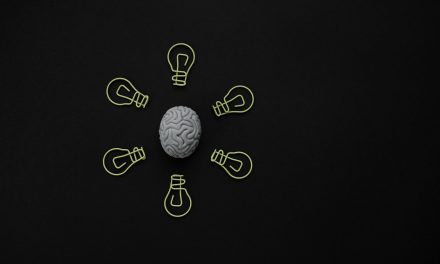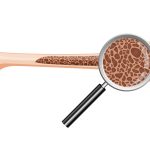A bone density test is a quick, painless procedure that measures the density of your bones
As we age, it’s important to take care of our bones to stay as strong and healthy as possible. A bone density test is a helpful way to assess the strength of our bones.
Quick Read:
- Getting older brings with it different challenges, not least of which is that our bones get weaker, but with healthy habits, we can stay healthier for longer.
- A bone density test is a helpful screening test procedure if you feel you’re at risk for osteoporosis.
Do I need a bone density test?
Doctors typically recommend that women start having bone density tests at age 65. Still, you may need a test earlier if:
- You have a family history of osteoporosis or fractures.
- You are experiencing early menopause (before the age of 45).
- You have other medical conditions like rheumatoid arthritis, hyperthyroidism or certain gastrointestinal diseases.
- Your lifestyle is on the unhealthy side (smoking, excessive alcohol, and not enough exercise).
- You take medications that cause bone thinning.
The test uses low-dose X-rays to assess how much calcium and other minerals are present in your bones. With these results, your doctor can get an understanding of your bone health and figure out your risk for osteoporosis.
Signs and symptoms of osteoporosis
- Multiple fractures from minor falls or injuries may be a sign of weakened bones.
- Have you noticed a loss of height? A decrease in height or stooping posture may be a sign of spinal compression fractures.
- Persistent back pain, especially if it feels different from typical muscle pain, can signal bone issues.
Please do not ignore persistent pain and discomfort in your bones and joints. Osteoporosis can be something of a silent disease and many people tend to assume ongoing pain is common, or just a byproduct of a normal, busy life.
Decoding the bone density test
Bone density results are reported as a T-score, which compares your bone density with that of a healthy young adult of the same sex.
According to the World Health Organization:
- Normal: T-score of -1.0 or higher
- Low bone mass (Osteopenia): T-score between -1.0 and -2.5
- Osteoporosis: T-score of -2.5 or lower
These scores can help your doctor determine the best treatment for your condition.

How can I prevent osteoporosis?
Firstly, stay on point with your regular check-ups! Remember the golden rule – prevention is better than cure. The earlier you get treatment for an issue, the better your outcomes.
Make it a point to cultivate and stick to healthy habits. Cut back on alcohol, quit smoking and try to eat plenty of fresh fruit, vegetables, wholegrains and calcium-rich foods to strengthen your bones.
You may think it’s not a good idea to exercise if your bones feel weak, but actually, you must. Choose low-impact, gentle workouts like walking or swimming, light strength training to boost muscle mass and bone density, and flexibility exercises like yoga. These workouts are easy on the joints and sustainable.
If you’re on various medications, speak to your doctor about the side-effects. As we mentioned above, some medications can thin and weaken your bones further. You could ask your doctor if there are alternative medications available that may have less impact on your bone density.
On that note, ask your doctor or a pharmacist for recommendations on Vitamin D or calcium supplements. Ask about the different forms of calcium (such as calcium carbonate and calcium citrate) and Vitamin D (D2 and D3) available.
Remember
Taking proactive steps to prevent osteoporosis can lead to a healthier life with stronger bones. A great diet + regular exercise + regular screenings = a healthier YOU.
Images: Pexels





















